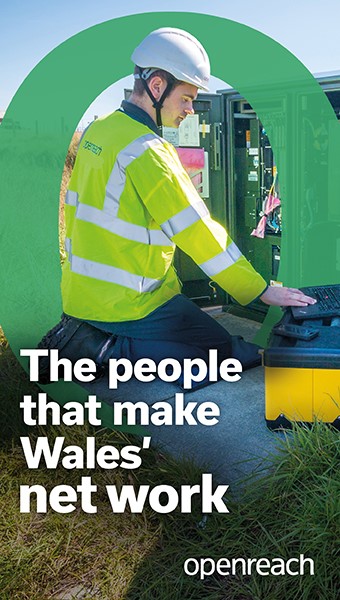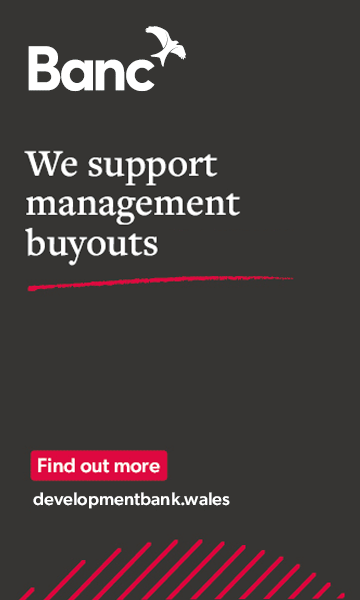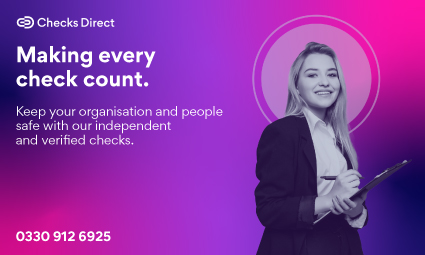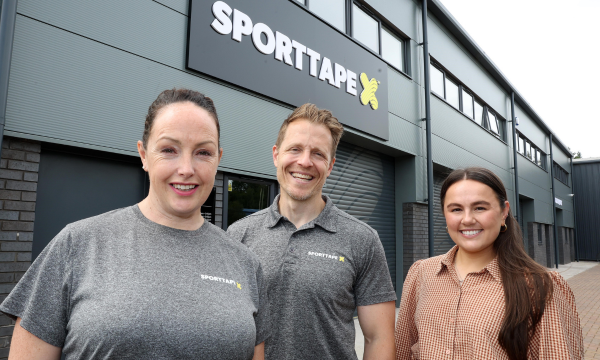According to the OECD, the workforce is becoming increasingly age diverse. Factors such as population ageing, social progress and changing work-life patterns have resulted in people delaying retirement and staying in work for longer.
As with significant demographic change, greater age diversity will inevitably have an impact on workplace cultures and environments – and now with Gen Z being the newest entrant to the workplace, organisations have to manage an increasingly age-diverse workforce. Rethinkly – a visualisation platform that helps businesses resolve communication challenges – unveils how acutely these generational differences affect communication amongst colleagues, unveiling that 30% of Gen Z find workplace tension and confrontation too difficult, compared to only 17% of Baby Boomers.
As labour market activity has become increasingly volatile, this gives way for greater flexibility amidst the workforce – with data from LinkedIn showing that members of Gen Z are switching jobs at a staggering 134 per cent higher rate than before the pandemic, compared to 24 per cent more for millennials. As organisations are becoming habituated to a more regular frequency of personnel change, managers have to discern how to bring the generations in their workforce together – with communication channels being at the crux of this solution. With recent research from Rethinkly showing that 22% of Gen Z feel they have no voice in their workplace, creating environments where every employee is able to speak freely becomes crucial in managing the generational gap.

Managing an multi-generational team is about nurturing intergenerational relationships and ensuring that every employee has the tools they need to thrive. As the face of our offices are changing, organisations are called to celebrate the value of diversity within their workforce to enjoy faster growth, greater collaboration, and a quicker route to their objectives. Rethinkly’s enlightening research highlights that miscommunication might be at the heart of the negative patterns that can arise within a multigenerational workforce and, in turn, is not allowing Gen Zs to navigate conversations about what they deserve, as an alarming 28% say that the inability to communicate within the workplace has had the largest impact on productivity. To combat this, Rethinkly creates a virtual world, which staff can anonymously enter using anonymous avatars, helping employees feel safe and supported during these challenging conversations.
The use of visualisation can help Gen Zs depict their concerns to managers and peers and give them the autonomy to address what they deserve, all while being anonymous. Co-founders – Andrew Jackson and David Tinker – discuss why miscommunication exists in so many offices and further outline how virtual reality tools can be used to promote better communication in difficult conversations.
Andrew Jackson, co-founder of Rethinkly, comments on the need and benefit for organisations to improve their team communication:
“If we think of the teams and groups we work in, why do some perform better than others? Well, it turns out that people being able to express themselves, say what they think, call out bad stuff, and feel connected to their colleagues are the things that really make a difference. For most, employee voice means sending out an annual survey and then trying to work out what to do with the results. Ambitious organisations are using tools like Rethinkly to discover what their talent really thinks and feels only then do you have real power through more comprehensive data to make positive changes.”
“Most challenges at work stem from a lack of or just bad communication. Communication challenges are directly aligned with morale, productivity, and commitment which have real business impact. Effective communication and building a strong culture based on healthy engagement are often talked about but surprisingly difficult to achieve. But when organisations start to embed and grow critical communication skills and adopt them as a competitive advantage, they can start to see a significant shift in their trajectory. ”
How does Rethinkly work:
By design, the software removes all real-world references creating a neutral, virtual space that is solely designed to inspire autonomy of expression. In this context, users are able to create avatars that can express emotion and gestures, enabling detachment for reflection and transparent communication. By utilising a virtual world – the platform reframes problem-solving and communication in the workplace and beyond, in scenarios where people may feel uncomfortable expressing their feelings or opinions out loud. As such, the power of imagery and visualisation prevails where words fail, with Rethinkly combining the most effective principles of storytelling, psychodrama and coaching to address the issue at hand.
Understanding the power of images, the NHS has been relying on the software for years as a tool to help patients express themselves when they otherwise couldn’t, alongside corporate firms such as IBM which have integrated the software into employee development and coaching initiatives. Crucially, the software can either be used under expert direction – which may be appropriate for particularly complex issues including the mental health sector. Users can be taught how to use the software within minutes, making it a scalable solution, especially for teams within businesses. Research on the use of virtual realities in these settings is constantly evolving, and Rethinkly uses a combination of insight from practitioners, academia and case studies leading to one of the most sophisticated tools for addressing communication issues worldwide.























